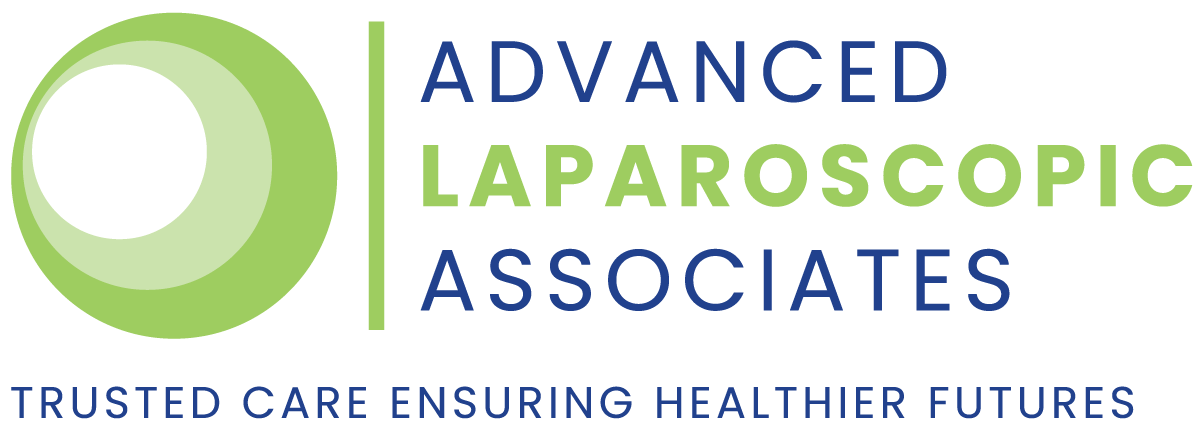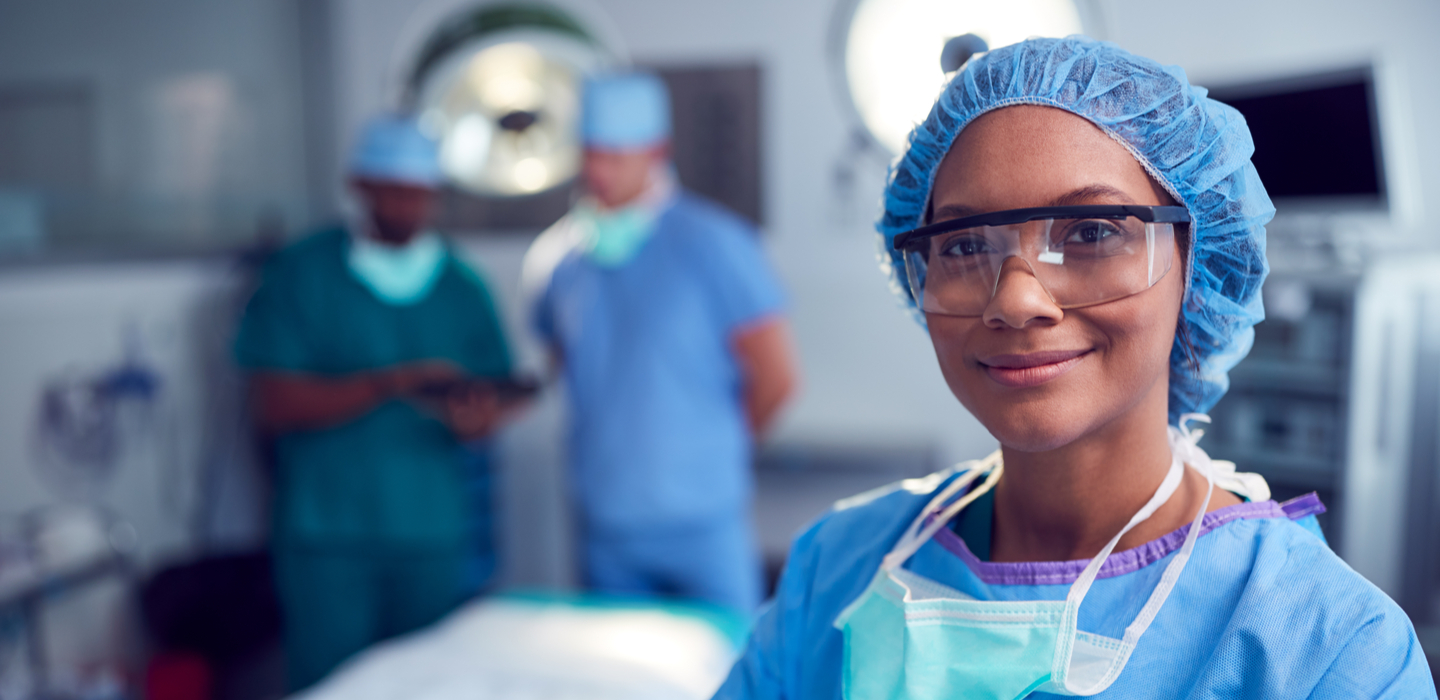Gastroesophageal reflux disease (GERD) affects an estimated 20% of people in the United States. This condition occurs when stomach acid flows back up the esophagus to cause symptoms including heartburn and throat irritation.
Medications may help reduce some symptoms of GERD, but they are associated with serious side effects including kidney disease, osteoporosis and dementia. Surgery is often the most ideal treatment for GERD, as it is shown to be more effective than medications at reducing symptoms.
Here’s a closer look at what causes GERD, and how Advanced Laparoscopic Associates can treat GERD and help you experience relief from your symptoms.
GERD is a condition in which your stomach contents flow back into your esophagus, throat and mouth. Known as acid reflux, these stomach contents can cause a burning sensation in your esophagus and throat.
The foods and drinks you consume flow down the esophagus, through a muscle called the lower esophageal sphincter (LES), and into the stomach. The stomach produces strong acids that break down these contents before they move into the small intestine. In GERD, the LES is weakened, which allows your stomach contents to creep back up the esophagus.
Everyone experiences acid reflux from time to time, but if you experience this symptom frequently over several weeks, you may have GERD. When not treated, GERD can lead to serious health problems including cancer. Surgery is one of the most effective treatments for cases of GERD that do not respond to medications and healthy lifestyle changes.

